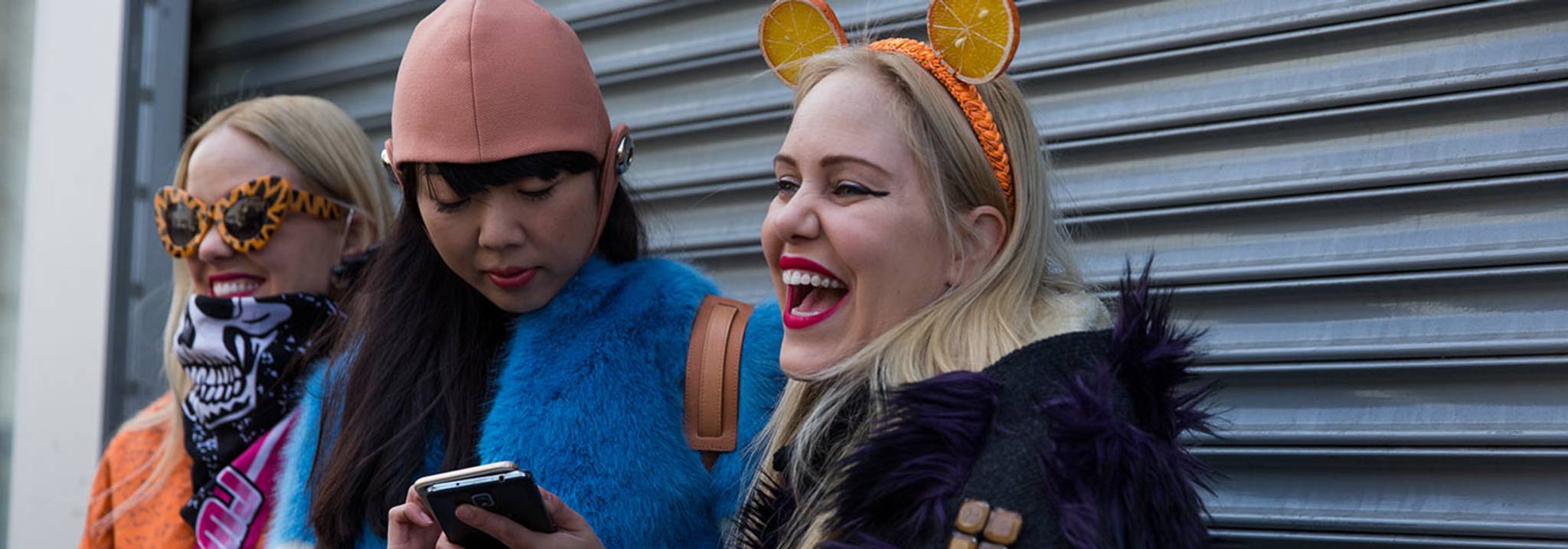
What do you consider ‘cool’? Is it owning the latest smartphone or chatting to your mates on an oh-so-retro 3310? Would you pay more attention to someone flashing a conspicuous Louis Vuitton monogram, or sloping past clad in a subtle-but-still-luxurious tracksuit, designed by Yohji Yamamoto?
New research from Bank of America Merrill Lynch – published in a report titled ‘Vanity Capital: the global bull market in narcissism’ – estimates that, globally, $4.5 trillion is spent annually on purchases that “augment self-confidence by enhancing one’s appearance and prestige.” In laymen’s terms, people splashing serious cash on social status. And that figure’s growing.
While this finding seems to compliment studies that condemn the modern day – an image-obsessed bubble of reality television stars and selfies – as home to narcissism and self-absorption, newly released book Cool: how the brain’s hidden quest for cool drives our economy and shapes our world suggests that conspicuous consumption is a part of human nature. As social animals, we’re predisposed to seek approval from our peers.
Written by Steven Quartz – professor of philosophy and cognitive science at the California Institute of Technology – and Anette Asp, a political scientist and neuromarketer, Cool delves into a particular vein of what drives our spending in the plight for status – the elusive but ubiquitous ‘cool’;
A strong demand for status is built into our nature. But what exactly is status? How do we get status? And how much status is there, and what happens when there’s ‘not enough’ to go around? These are fundamental, but neglected, questions.
The status instinct drives our emulation, jealousy, or envy of ‘higher-ups’ and leads to emulation consumption (this bear resemblance to the kind Thorstein Veblen chronicled in The Theory of the Leisure Class). But the status instinct and emulation consumption is only part of the story.
In the 1950s, consumption in the US began to change radically. Cool emerged as an oppositional norm, a rejection of ‘higher-ups’ and their traditional status system, to play a central role as an economic, social and political force reshaping culture. In particular, cool soon drove a new kind of consumption – oppositional consumption – by invoking rebel instinct. We refer to this kind of consumption as rebel cool.
Although we often think of cool as a rebellion against consumption, rebel cool assimilated easily into consumerism to create new routes to status – new lifestyles whose values differed from traditional status. The fact that rebel cool came along to revolutionise consumerism during one of the greatest periods of economic growth and rising living standards in our history is extraordinarily intriguing. Growth in absolute income and burgeoning consumerism led to an increase in the total amount of status.
But we’ll suggest that it required rebel cool as an oppositional force to bring down the traditional barriers to new lifestyles, barriers that included racial and gender discrimination, and social institutions designed to maintain the status quo. As oppositional cool consumption emerged, its new lifestyles diversified and expanded the routes to status, washing away the old hierarchical society of the 1950s, with its narrow conception of status, and replacing it with an increasingly pluralistic and diverse culture.
Read more from experts like this by signing up to the Canvas8 Library.
Lore Oxford is Canvas8's deputy editor. She previously ran her own science and technology publication and was a columnist for Dazed and Confused. When she’s not busy analysing human behaviour, she can be found defending anything from selfie culture to the Kardashians from contemporary culture snobs.